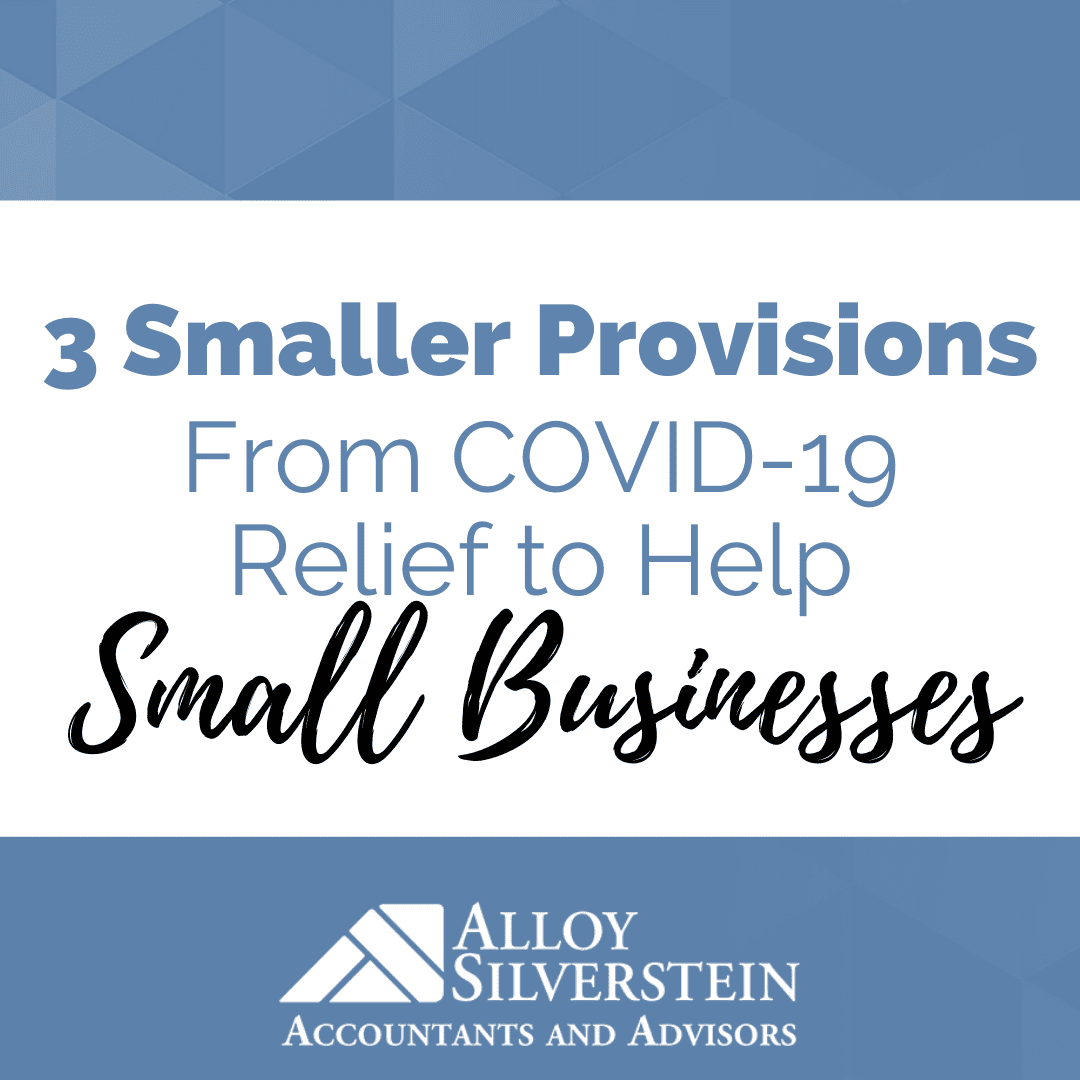

With all the attention on the Paycheck Protection Program, you may not have heard of these sections of pandemic relief laws that are valuable to small businesses and can be applied retroactively.
When your company’s tax deductions exceed taxable income, the result is a net operating loss (NOL). Prior to 2020, businesses were not allowed to carry back NOLs to previous years. New regulations allow carry backs of losses from 2018 through 2020 for up to five years, in order to offset income. Consider amending prior years’ tax returns if you had taxable income during those years that can be offset by an NOL.
Certain business assets known as qualified improvement property (QIP) can now be immediately depreciated when placed in service. The IRS defines QIP as any improvement made to an interior portion of a nonresidential building. Look through your fixed assets and determine if you have any QIP placed in service after 12/3/2017 that would qualify for 100% expensing. Then, calculate whether this method is more advantageous than depreciating over the life of the asset. 2018 and 2019 tax returns can be amended to recognize the additional depreciation expense.
For tax years 2018 through 2020, business losses exceeding $250,000 ($500,000 for married couples filing jointly) can be claimed on individual tax returns. If you incurred excess business losses in 2018 and/or 2019, you may want to amend your tax return for these years to take advantage of the excess loss limitation suspension.
Empowering business owners and individuals in South Jersey and Philadelphia to feel confident through proactive accounting and advisory solutions.